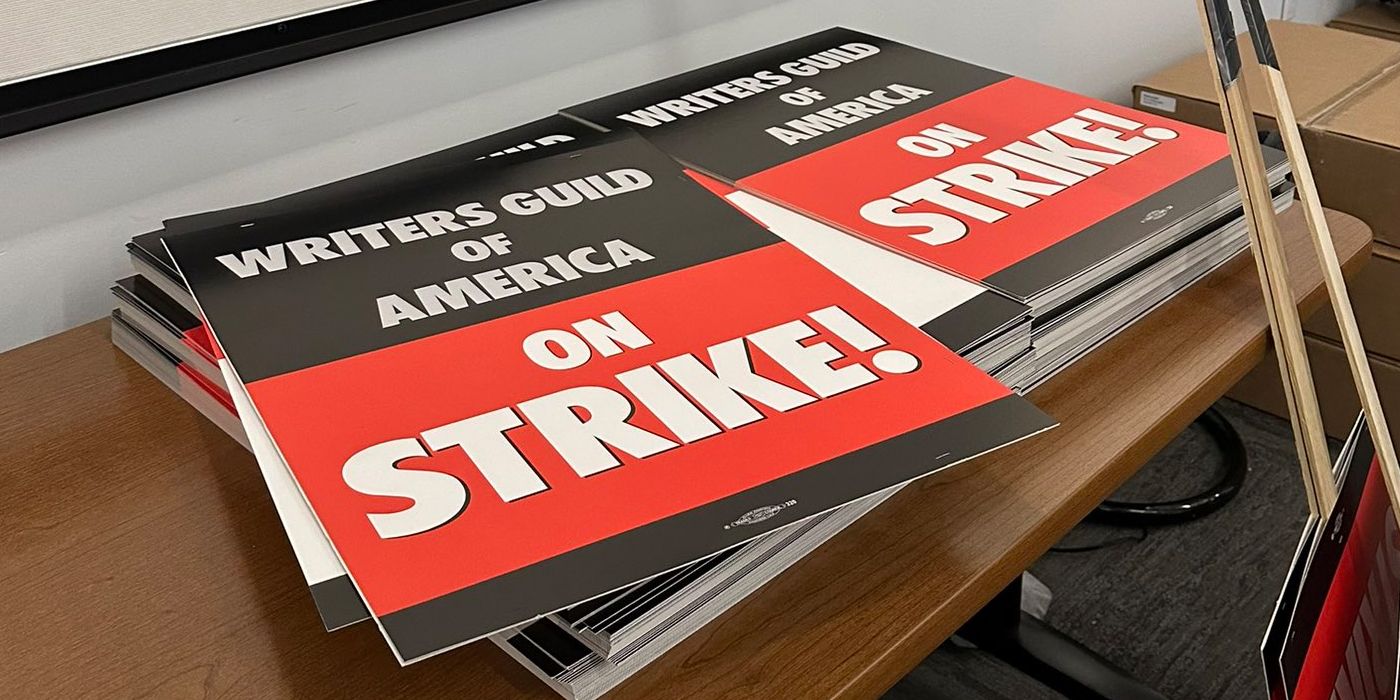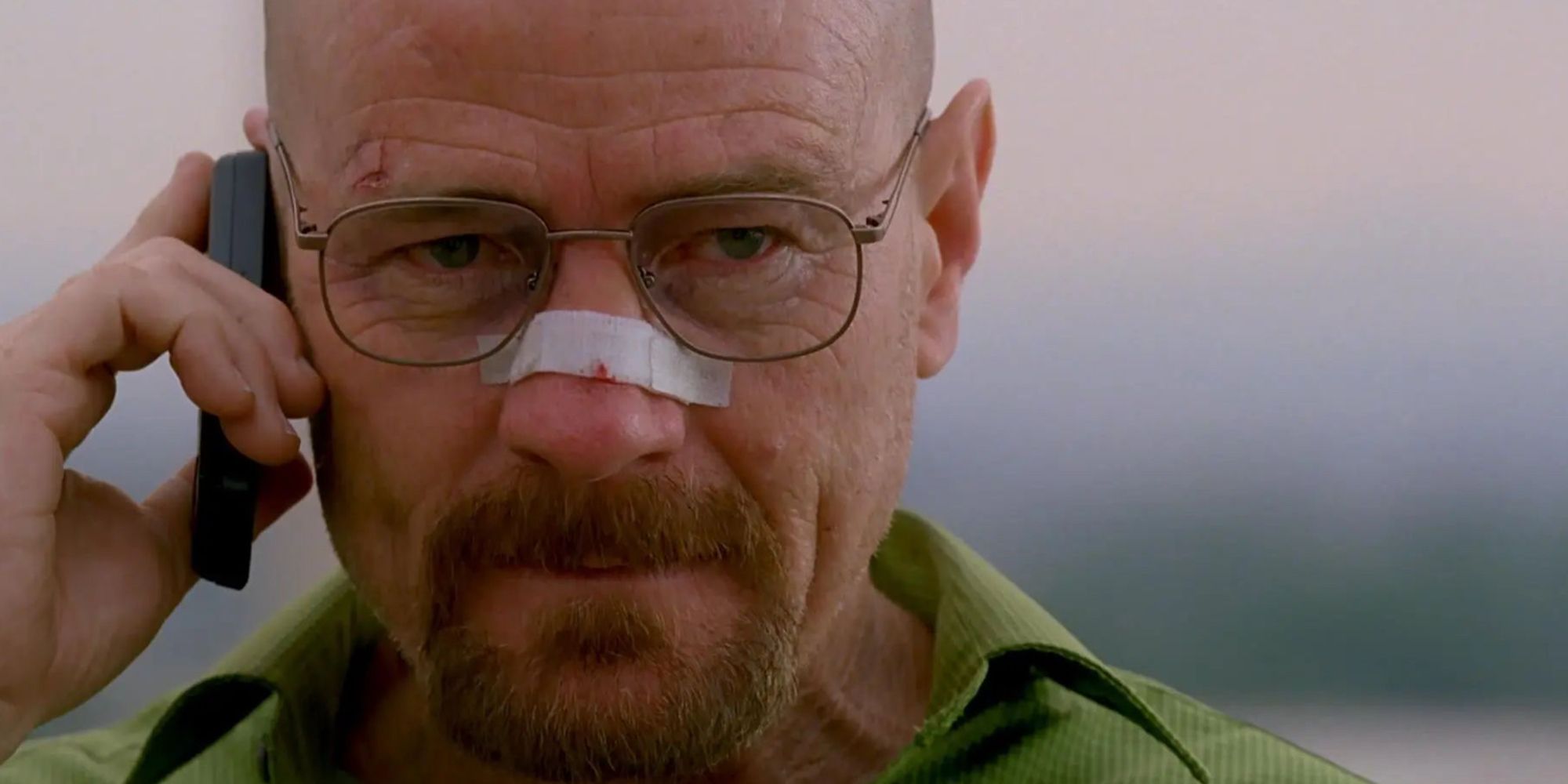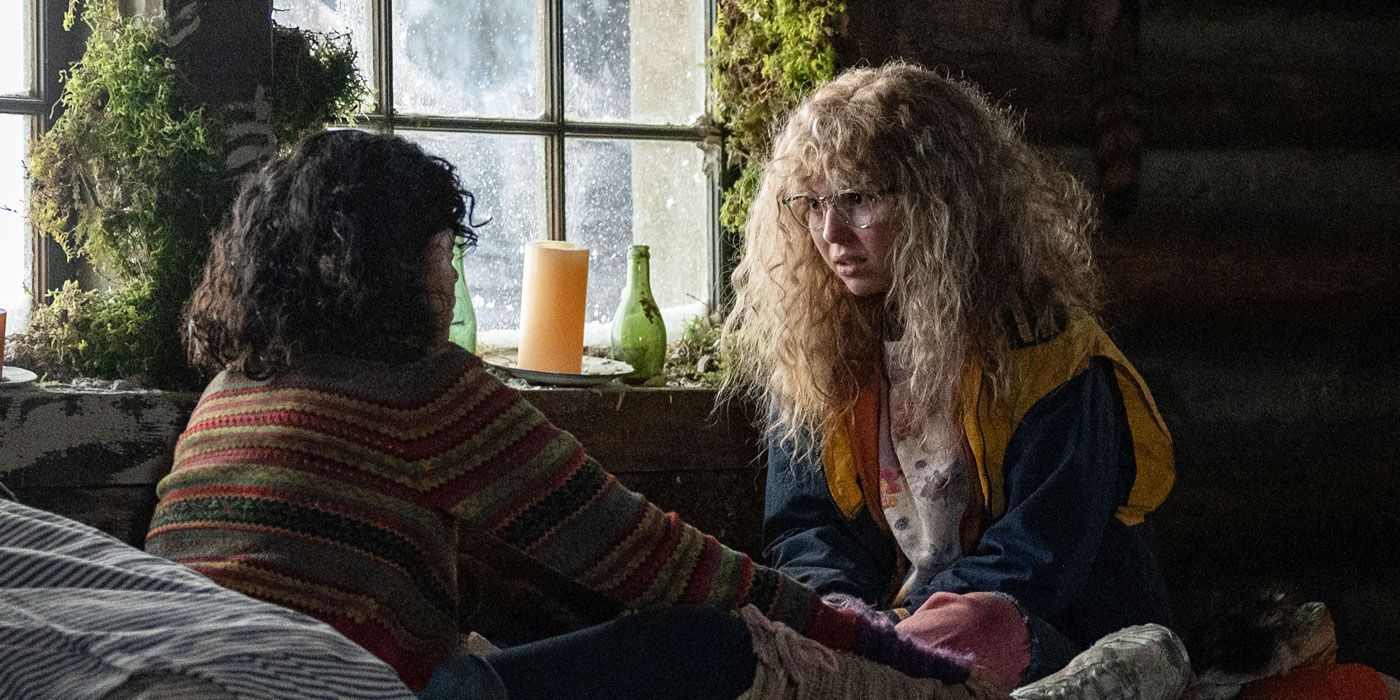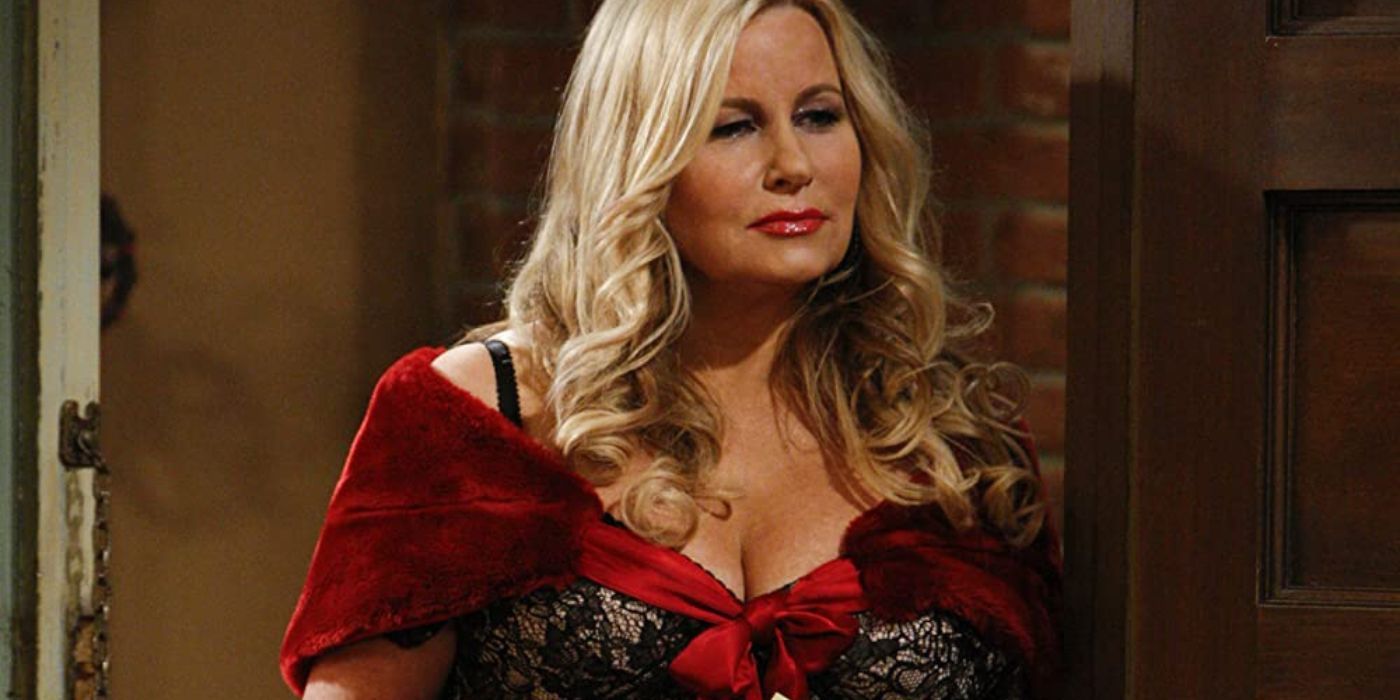They're the lifeblood of the industry. They create the stories that stay with us as we go through our own personal stories. From the characters we love to the characters we love to hate, they are the imaginative spark behind all of them. While actors are the faces of our onscreen protagonists and antagonists, they are the skeletal system. Directors are praised as visionary, but they aren't the ones who create the foundation of a good series or movie. Despite their second-class status in the entertainment industry, they are perhaps the most pivotal to its success. These underappreciated (and underpaid) backbones of the industry are the writers.
Writers: Underappreciated, Underpaid
Compared to acting and directing, writing has taken the backseat in recognition and appreciation. Having the right actors can help a series or movie succeed. Directors can bring an important perspective to a show. But what's central to a series' or film's success is its writing. No one would have watched Seinfeld — "a show about nothing"— if it didn't have excellent writing and instead was actually about nothing. Breaking Bad, with its stellar performances, still wouldn't have mattered if it wasn't for the skilled people in the writer's room. And we wouldn't be currently enraptured in Succession if it weren't for the creative genius that comes from the people who actually make the Roys the luxury car crash we can't look away from--and no amount of "method acting" could carry the show to the astronomical heights it has reached.
So why is it then that despite them being one of the most important artists in the entertainment industry — they are, and we need to fully recognize that — they aren't paid nearly as well as their more visible counterparts? With a changing industry and pay that's not keeping up with the ever-more-expensive times we live in, writers are finding it harder and harder to make a living. As one of the WGA picketers had written on their sign, "CEOs have yachts. Writers have mortgages." Further making their financial situation more precarious, is that most screenwriters live in or around expensive Los Angeles, which is 51% higher than the national average. But before we can truly be empathetic to their plight, we have to understand what brought them to create the first writer's strike since 2007.
One of the concerns writers are facing is that with the advancement of AI, they feel their careers might be at risk. Though AI is new to tasks like being able to write papers, it's learning quickly. There is concern that the future of storytelling might be taken over by something created by humans but still inhuman and not able to truly relate to the human condition. Advancing technology is exciting (and sometimes scary) but we can't forget, and the entertainment industry can't forget, that the greatest computer in the world is still the human mind. We love storytelling because it brings us in touch with our own humanity. Our ability for storytelling is one of humanity's unique outputs.
Writers Have It Rough
The last decade has been considered a "Peak TV" period for television. In the streaming era, viewers have far more options than we had even ten years ago. There's a reason why so many of us aren't watching the same things. There's a reason why Collider has so much material to write about. The stories that are being told have expanded substantially, allowing for a more personalized viewing experience. But in spite of the ever-expanding entertainment industry, wages for the writers who are the breath of life for the shows and movies we love have been experiencing stagnating wages that haven't matched their creative output.
Changes in how shows are created have negatively affected writers as well. "Mini-rooms" are now being used instead of regularly staffing writers. Mini-rooms are when a small group of writers already map out a series before it is even produced. Writers are paid less in mini-rooms and have shorter periods of work. And with a series, many plot and script changes happen during the production period. With writers no longer being used after the mini-room, it makes it more difficult to rewrite elements of a series if needed. This has led to screenwriting often becoming gig work, which is far less stable and reliable than being staffed.
Residuals have also been an issue that writers have faced In the past, writers would earn residuals payments off the movies and shows they created that went into syndication and DVD. Now, screenwriters are paid a fixed residual by streaming services like Amazon and Netflix which has reduced how much they can earn from a project.
Modest Proposals
The WGA's proposals haven't been gargantuan. Some of these proposals include increases in the percentage of minimums and residual bases; 50% pay upon commencement and to be paid out weekly for the remaining 50%; being guaranteed at least 10 consecutive weeks of work; earning foreign streaming residuals; and preserving the writer's room with a minimum of at least six staff writers.
For perspective, Netflix co-CEO and chief content officer, Ted Sarandos, is set to receive a compensation package worth $40 million, the same as he made last year. Reed Hastings, Netflix co-CEO and chairman is also likely to make the same as he did for 2022 with a $650,000 salary and stock options worth $34 million. And last year, Disney's CEO, Bob Chapek, made $32.5 million. There is clearly money to be made in the entertainment industry.
Writers Matter
Writers also play a crucial role in the California economy. The writer's strike of '07 cost $2.1 billion after it finally ended after 100 days. Talk shows have gone black. We've already experienced a tremendous loss since Jennifer Coolidge was going to host the season finale of Saturday Night Live, which would have been her first time hosting; just imagine how phenomenal she would have been.
The entertainment industry is made up of many different components. While we often praise actors and directors, it's the writers who truly create the stories we love. The highly-paid CEOs wouldn't be the success stories they are without the people who actually create the stories. As with many things, it's the people behind the scenes that are often overlooked despite their significant contributions. For too long writers have been unrecognized for their immense talent. They are the heart and soul of the films and series that affect us on a deeply human level. Their success in this strike will lead to more successful movies and television shows. You can't pour from an empty vessel. So, it's owed to them to make sure that they are being replenished for all the imagination they put out into the world.





